Global Health Research Seminar Series- Spring 2019.
Join the Global Health Department as we host weekly research seminars open to the SPH community. The speakers are a combination of our own GH Department faculty and staff as well as colleagues and friends of the GH Department. Come hear the work of these researchers who’s impact stretches across the world!
Any questions contact the sphgh@bu.edu
Mondays from 1:00-2:00pm
Room: CT-305
801 Massachusetts Ave.
February 25th
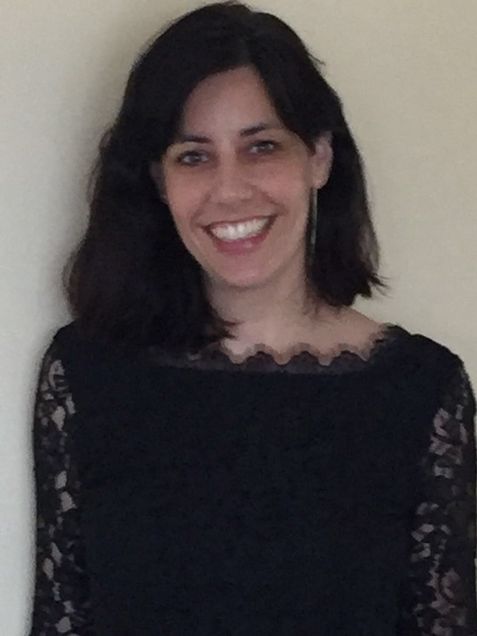 Rotem Lapidot
Rotem Lapidot
Pediatric Infectious Disease Fellow, BMC
What we can learn from Qualitative Analysis from Verbal Autopsy Data
March 18th
 James Wolff, MD
James Wolff, MD
Associate Professor, Department of Global Health, BUSPH
Constructing a bridge to the classroom of the future
This talk will present several initiatives to expand and improve practice-based teaching (PBT) at SPH. We will review the benefits of PBT, showcase Practera, a experiential learning management software to support practice based teaching, and take a look at collaborate.health, a new website to help SPH to establish and maintain meaningful relationships between professional within partner organizations and BUSPH students and faculty.
Dr. Wolff is an Associate Professor of Global Health at Boston University School of Public Health (BUSPH) where he teaches Planning and Managing Maternal and Child Health Program in Low Resource Settings, Improving Health Outcomes Using Mobile Technologies, Program Design for Global Health, and Making Programs Work: Program Implementation for Global Health. Dr. Wolff was the co-director for a BUSPH partnership with the Public Health Foundation of India and the Indian Council for Medical Research for faculty development. He is currently the Co-PI for a CDC funded faculty and curriculum development partnership with Muhimbili University School of Allied Health Sciences and the Dartmouth Institute for Health Care Improvement. Dr. Wolff is also the faculty representative for the field practice program for the Department on Global Health. Dr. Wolff is a former Senior Fellow at Management Sciences for Health (MSH) where he worked for over thirty years. At MSH Dr. Wolff assisted both public and private sector health and family planning organizations in countries throughout the world to improve their management. He has been a consultant with USAID, the World Health Organization (WHO), the World Bank, and a number of private organizations. Dr. Wolff’s areas of interest include use of information technologies for education, maternal and child health, emergency medicine, leadership and management. In addition to his management work and teaching, Dr. Wolff is a practicing physician board certified in Emergency Medicine, Pediatrics, and Preventive Medicine. In 2007 he received the Community Clinician of the Year Award from the Massachusetts Medical Society. In 2013 he received the Norman A Scotch Award for Excellence in Teaching from Boston University School of Public Health. In 2018, Dr. Wolff received the Metcalf Award for Excellence in Teaching, the Boston University’s highest award for teaching.
March 25th
David Jernigan, PhD
Professor, Department of Health Law, Policy & Management, BUSPH
Addressing the Great Co-Factor: Reducing Alcohol's Role in Global Health
More than 3 million deaths per year are attributable to alcohol, which is the leading cause of death and disability for persons aged 15-49 worldwide. Yet alcohol receives little attention or funding as a driver of global health. Author or co-author of five World Health Organization Global Status Reports on Alcohol from 1999 to 2018, Dr. Jernigan will review alcohol’s role in the global burden of disease, describe the research base for effective actions, and discuss progress or lack thereof in addressing harmful use of alcohol worldwide.
April 1st


Dan Ollendorf, PhD and Rachel Bacon, MPH
Director, Value Measurement & Global Health Initiatives
Center for the Evaluation of Value and Risk in Health (CERV)
Institute for Clinical Research and Health Policy Studies
Assistant Professor of Medicine
Tufts Medical Center
Project Manager, Global Health Initiatives
Center for Evaluation of Value and Risk in Health (CERV)
Tufts Medical Center
The Tufts Global Health Cost-Effectiveness Analysis Registry: A Tool for Priority-Setting
Dan Ollendorf is Director of Value Measurement and Global Health Initiatives at the Center for the Evaluation of Value and Risk in Health (CEVR) at Tufts University. His research interests include expanding the use of health technology assessment in low- and middle-income economies, as well as refinement of value assessment tools in the US and other high-income settings. Prior to joining CEVR, Dan was Chief Scientific Officer for the Institute for Clinical and Economic Review (ICER) for over 10 years, where he was responsible for the conduct of assessments of the clinical effectiveness and economic value of high impact health care technologies as well as coordination of the broader health technology assessment process. His 30 years of experience also include work in the hospital, informatics, insurance, and consulting sectors.Dan holds a Ph.D. in clinical epidemiology from the University of Amsterdam, a Master’s of Public Health from Boston University, and a Bachelor of Arts from the University of Rochester. He currently serves on the Medicare Evidence Development and Coverage Advisory Committee (MEDCAC), the International Society of Pharmacoeconomics and Outcomes Research (ISPOR) HTA Council Working Group, and is the incoming Chair of the Global Policy Forum of Health Technology Assessment International (HTAi).
Rachel Bacon is the Project Manager for global health initiatives at the Center for the Evaluation of Value and Risk in Health (CEVR) at Tufts Medical Center. Rachel is a public health professional with knowledge and applied experience in global health, reproductive health, health economics, health systems strengthening, domestic payer relations, population health management, clinical business management, and clinical quality improvement. She has a strong cross-cultural work history, with consulting experience developed internationally within the United States, Sub-Saharan Africa and the Asia Pacific.Rachel holds a Master’s of Public Health from Boston University, and a Bachelor of Arts in Anthropology from the University of New Hampshire. She is a member of the Consortium of Universities for Global Health (CUGH), the International Society for Pharmacoeconomics and Outcomes Research (ISPOR), and the Institute for Health Care Improvement (IHI). She is also a trained labor and delivery birth doula with the Doula Organization of North America (DONA).
April 8th
 Lily Yan, MD
Lily Yan, MD
MSc Candidate
PGY3 in Preventive Medicine Internal Medicine at BMC
Diabetes Care Cascade in Thailand
Lily Yan is a resident physician in the preventive medicine – internal medicine program at Boston Medical Center, and a Masters of Science candidate in Health Services and Systems Research program at the Boston University School of Public Health. In medical school, she worked in Cambodia on common emergency medicine chief complaints, and in Nepal on a pediatric inpatient ward. She was also a Doris Duke International Clinical Research Fellow at CIDRZ in Lusaka, Zambia working in rural primary care clinics, on hypertension and contraception. Her research interests include global health and primary care, creating and measuring quality in healthcare, and noncommunicable diseases, particularly in low and middle income countries. She is interested in how to horizontally strengthen primary care to allow improved outcomes across disease conditions.
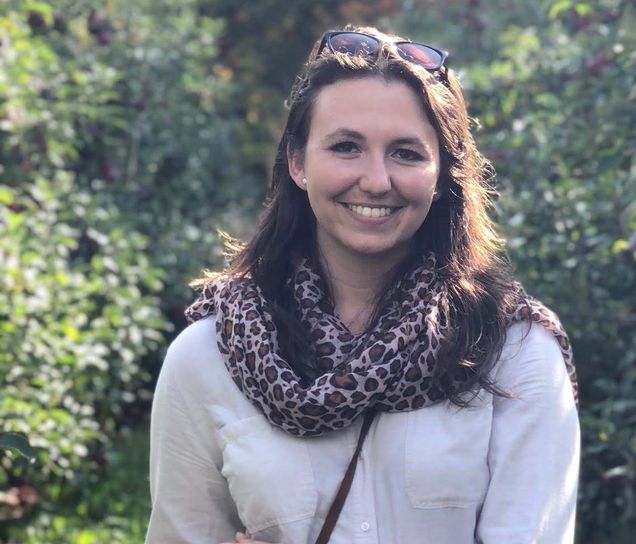
 Sridevi Prasad and Mariet Benade
Sridevi Prasad and Mariet Benade
MPH Candidates, BUSPH
Evaluating health systems performance for hypertension control using a cascade of care approach in South Africa, 2008-2017
April 29th
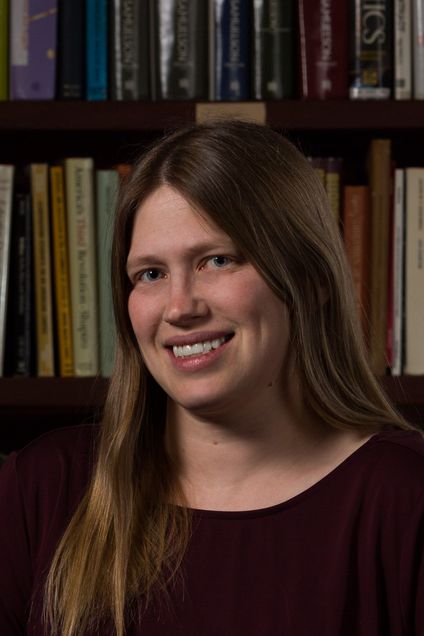
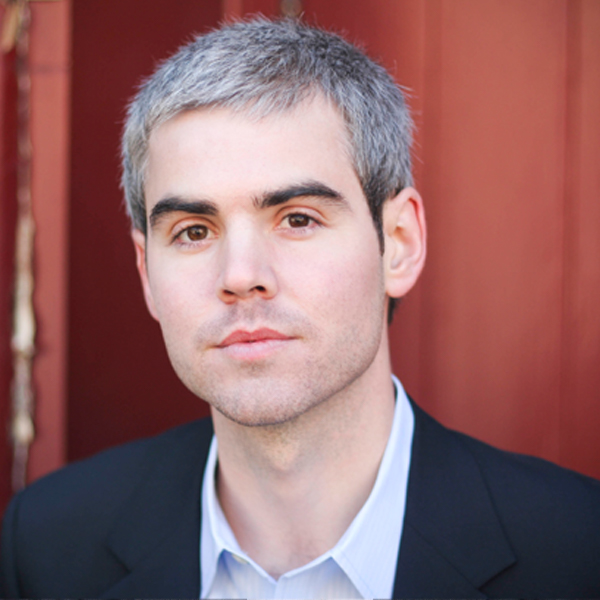
Peter Rockers, ScD and Amanda Tarullo, PhD
Assistant Professor, Department of Global Health, BUSPH
Assistant Professor of Psychological & Brain Sciences, Boston University
Child Neurodevelopment in South Africa
May 6th

Nina Cesare, PhD
Postdoctoral Associate, BUSPH
Monitoring public health trends using social media: Assessing content and representation
Nina Cesare is an social science researcher and current postdoctoral associate at Boston University’s School of Public Health. She received her bachelor’s degree in sociology from Ohio University and her master’s and doctorate degrees in sociology from the University of Washington. She specializes in using statistical and machine learning approaches to leverage digital trace data as a means of answering theory-driven, social science questions. She has worked with faculty across disciplines, including global health, information science and statistics and has presented and published work in interdisciplinary outlets.
May 13th
 Elizabeth Henry, DrPH, MHS
Elizabeth Henry, DrPH, MHS
Research Associate, Department of Global Health and Population
Harvard T.H. Chan School of Public Health
Assessing Impact of a Behavior-Change Program on Modern Contraceptive Use: Findings from a Retrospective Quasi-Experimental Study in Ghana
This talk will present methodology and preliminary findings from a retrospective quasi-experimental evaluation of a reproductive health program in Ghana. This study is part of a large-scale evaluation of the adaptation and implementation of an evidence-based model across four countries. We will review evidence previously generated about the program in another country context, discuss methods used to assess program impact using retrospective data, and review preliminary findings. We will also examine the role of mixed methods and the importance of understanding context in developing explanatory models of impact.
BIO:
Dr. Elizabeth Henry is a Research Associate in the Department of Global Health and Population. She has extensive experience in applied research, monitoring and evaluation as well as project implementation and management in global health. Her work has ranged from the design and evaluation of school-based alcohol and drug prevention programs for youth domestically to rigorous mixed-methods evaluations of health systems projects in low-income countries on topics such as nutrition and maternal and neonatal health.
Dr. Henry holds an M.H.S. from the Johns Hopkins Bloomberg School of Public Health, with a special focus on social and behavioral interventions in global settings and a certificate in health communication, and a Dr.PH. from the Boston University School of Public Health, focusing on application of rigorous research methods for process and impact evaluation. Dr. Henry teaches the program and policy evaluation course for the Boston University School of Public Health DrPH program and developed and taught a course Monitoring and Evaluation as an Adjunct Professor at the Fletcher School of Law and Diplomacy at Tufts University. She was previously the co-PI of a 5 year project to improve nutrition medicine in hospitals in Vietnam, for which she was awarded the Medal for Peoples’ Health by the Vietnam Ministry of Health. She has worked on projects in Vietnam, Zambia, Ghana, Ethiopia, Bangladesh, The Bahamas, India, Laos and Malawi.
May 20th
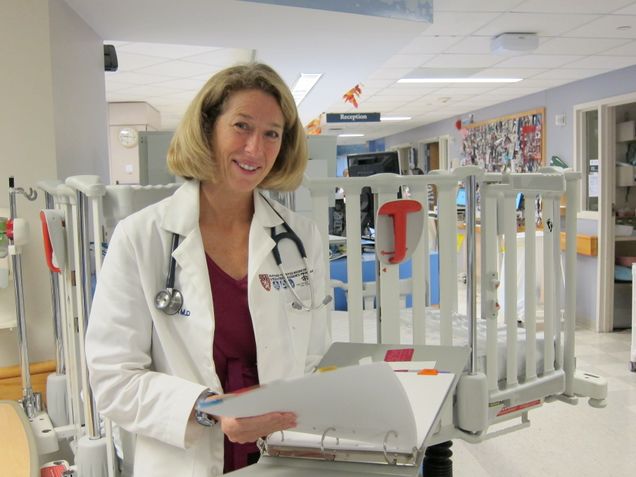 Kate Powis, MD
Kate Powis, MD
Assistant Professor, Harvard Medical School
The next great challenge in the maturing pediatric HIV epidemic- health and developmental disparities of HIV- exposed uninfected infants, children, and adolescents
Dr. Kate Powis has been working in Botswana since 2008, initially on projects to protect infants born to women living with HIV (WLHIV) from HIV acquisition but has since transitioned to the population of infants born to WLHIV who remain uninfected. With recognition of the benefits of providing antiretroviral (ART) treatment to all pregnant and breastfeeding WLHIV and successful ART programmatic scaleup, infant and child HIV acquisition has declined by 43% between 2000 with ~ 420,000 new infectious and 2017 with ~ 180,000 new infectious. Since 2010, the population of infants born HIV-exposed uninfected (HEU) has been growing at a rate of over 1 million per year. Although escaping HIV acquisition, this rapidly expanding HEU child population has failed to achieve comparable health and developmental outcomes to their peers born to women without HIV. Kate will discuss the epidemiology of the HEU child population, highlight published health and developmental disparities, review public health challenges to closing the outcome disparities between the HEU child population and HIV-unexposed uninfected children, and spotlight some activities underway to mitigate HEU child health disparities.
June 3rd
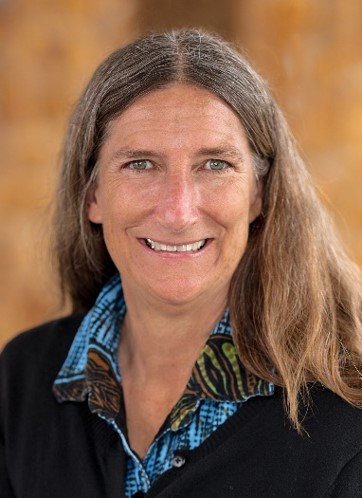
Terrie E. Taylor, D.O.
University Distinguished Professor- College of Osteopathic Medicine, Michigan State University Scientific Director- Blantyre Malaria Project, University of Malawi Medicine
The Pathogenesis of Cerebral Malaria: More Pieces of the Puzzle
June 17th
 Paul Newton, BSc, BM BCh, D.Phil, MRCP, DTM&H
Paul Newton, BSc, BM BCh, D.Phil, MRCP, DTM&H
Professor of Tropical Medicine, Clinical Epidemiology
Nuffield Department of Medicine, University of Oxford
Lao-Oxford-Mahosot-Hospital -Wellcome Research Unit (LOMWRU), Mahosot Hospital, Vientiane in Laos
The promise and perils of medicine quality screening devices
 Sridevi Prasad and Mariet Benade
Sridevi Prasad and Mariet Benade Paul Newton, BSc, BM BCh, D.Phil, MRCP, DTM&H
Paul Newton, BSc, BM BCh, D.Phil, MRCP, DTM&H











